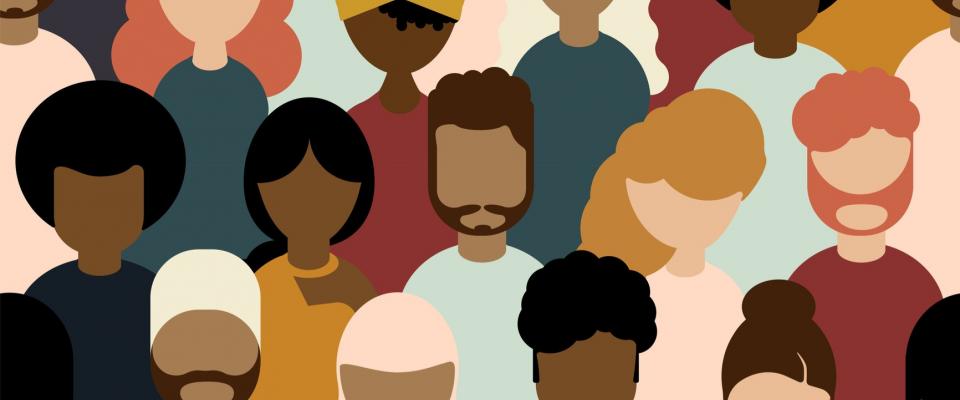On this day in 1960, the police in Sharpeville, South Africa, opened fire and killed 69 people at a peaceful demonstration against racist apartheid laws. Six years later, the United Nations proclaimed March 21st as the International Day for the Elimination of Racial Discrimination.
In the midst of the current global pandemic, attention must be paid to the impact on racialized communities. Racialized and Indigenous workers are disproportionately likely to be in jobs that are precarious, low-paying, and without benefits. Workers in this situation have little or no protection from layoffs, and little or no social protection when they lose their jobs. In addition, health inequities and social disparities mean racialized people have lower health wellness and higher chronic conditions (e.g. hypertension, diabetes, heart disease, etc.). This will make them more vulnerable to falling ill during the COVID19 pandemic.
Instances of racism have become more common, in light of the rise of white extremist ideology and anti-Muslim sentiments. In the current context, racialized communities in Canada, specifically Asian and Iranian, are facing racial harassment and discrimination as a result of misinformation and stereotypes about the communities perceived to be associated with the coronavirus.
PSAC calls on all governments, businesses and healthcare providers to ensure that that all people have equitable access to health care and economic security, and they do not discriminate against racialized and indigenous people due to unconscious bias or assumptions of those communities.
 Member Login
Member Login



